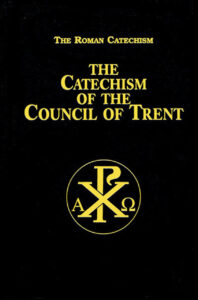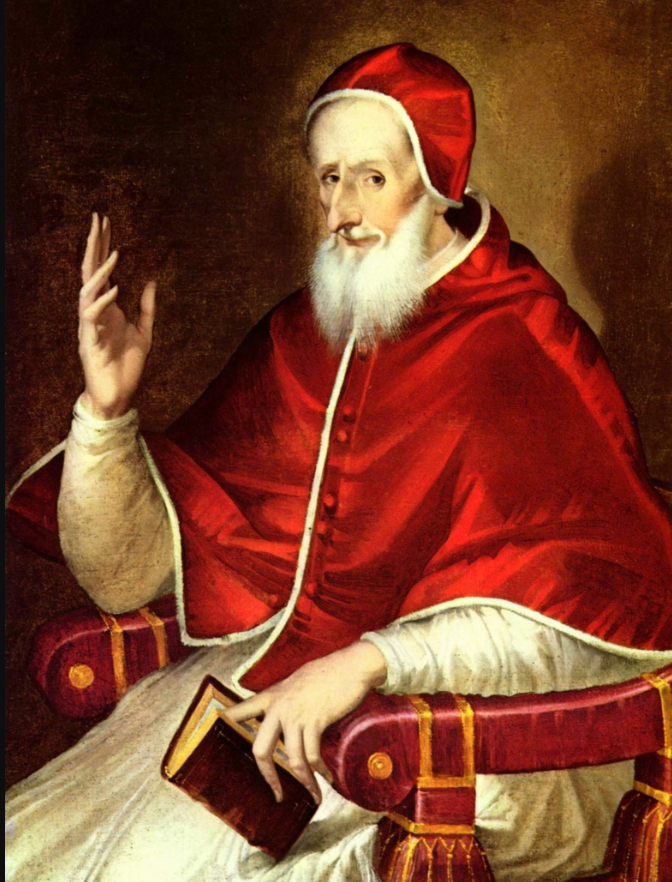The first part of this Article (of the second we shall treat hereafter) proposes for our belief that when Pontius Pilate governed the province of Judea, under Tiberius Caesar, Christ the Lord was nailed to a cross. Having been seized, mocked, outraged and tortured in various forms, He was finally crucified.
“Suffered”
It cannot be a matter of doubt that His soul, as to its inferior part, was sensible of these torments; for as He really assumed human nature, it is a necessary consequence that He really, and in His soul, experienced a most acute sense of pain. Hence these words of the Saviour: My soul is sorrowful even unto death (Matt. 26:38; Mark 14:34). Although human nature was united to the Divine Person, He felt the bitterness of His Passion as acutely as if no such union had existed, because in the one Person of Jesus Christ were preserved the properties of both natures, human and divine; and therefore what was passible and mortal remained passible and mortal; while what was impassible and immortal, that is, His Divine Nature, continued impassible and immortal.
“Under Pontius Pilate”
Since we find it here so diligently recorded that Jesus Christ suffered when Pontius Pilate was procurator of Judea, the pastor should explain the reason. By fixing the time, which we find also done by the Apostle Paul (1 Tim. 6:13), so important and so necessary an event is rendered more easily ascertainable by all. Furthermore those words show that the Saviour’s prediction was really verified: They shall deliver him to the Gentiles, to be mocked and scourged and crucified (Matt. 20:19).
“Was Crucified”
The fact that He suffered death precisely on the wood of the cross must also be attributed to a particular counsel of God, which decreed that life should return by the way whence death had arisen. The serpent who had triumphed over our first parents by the wood (of a tree) was vanquished by Christ on the wood of the cross.
Many other reasons which the Fathers have discussed in detail might be adduced to show that it was fit that our Redeemer should suffer death on the cross rather than in any other way. But, as the pastor will show, it is enough for the faithful to believe that this kind of death was chosen by the Saviour because it appeared better adapted and more appropriate to the redemption of the human race; for there certainly could be none more ignominious and humiliating. Not only among the Gentiles was the punishment of the cross held accursed and full of shame and infamy, but even in the Law of Moses the man is called accursed that hangeth on a tree (Deut. 21:23; Gal. 3:13).
This article is taken from a chapter in The Catechism of the Council of Trent by Pope St. Pius V, which is available from TAN Books.



